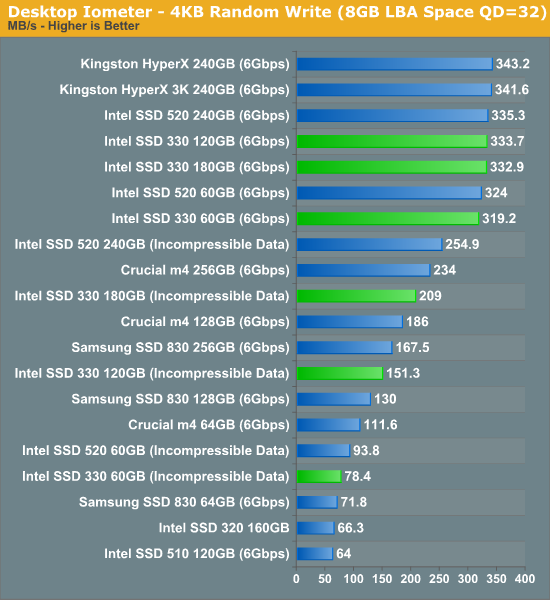Hi all, I just installed Win 7 64 on my 128SD Drive (C). I have another drive (500gb) (D) that I will use for storage and other programs.
How do I minimize the amount of space Win 7 will take up so that it does not fill up my 128 with useless files/updates. Are there any features that I can disable to save memory, are there any clean up commands i can run to clean up service pack upgrades (similar to vsp1cln.exe for Vista) etc....
Thank you
How do I minimize the amount of space Win 7 will take up so that it does not fill up my 128 with useless files/updates. Are there any features that I can disable to save memory, are there any clean up commands i can run to clean up service pack upgrades (similar to vsp1cln.exe for Vista) etc....
Thank you
![[H]ard|Forum](/styles/hardforum/xenforo/logo_dark.png)
